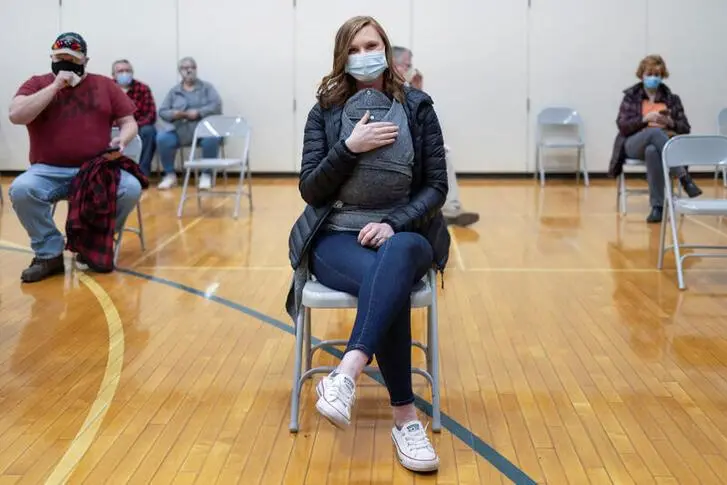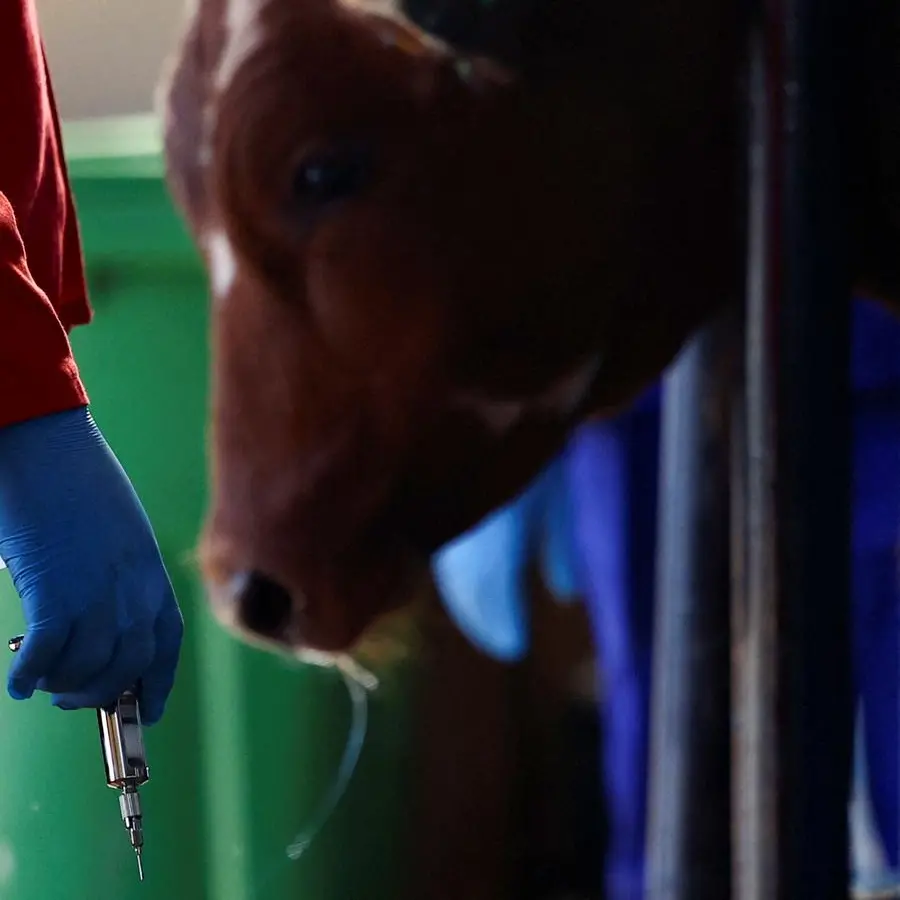PHOTO
COVID-19 vaccination during pregnancy appears to lower newborns' risk of coronavirus infection, according to a study conducted in Norway.
Norwegian researchers tracked 9,739 babies whose mothers received a second or third dose of a COVID-19 vaccine from Pfizer/BioNTech or Moderna while pregnant, and 11,904 babies whose mothers were not vaccinated before or during pregnancy. Overall,
COVID infections were rare in the babies. But the risk of a positive COVID-19 PCR test during the first four months of life was 71% lower during the Delta era and 33% lower when Omicron was dominant for babies whose mothers got vaccinated during pregnancy compared with infants born to unvaccinated mothers, the researchers reported on Wednesday in JAMA Internal Medicine.
"There could still be a protective effect from antibodies past the first four months, but there are likely individual differences," said Dr. Ellen Oen Carlsen of the Norwegian Institute of Public Health.
Babies get another type of antibodies from breast milk, she noted, and the findings could partly be due to antibodies acquired from breastfeeding, or because vaccinated mothers are less likely to get COVID-19 and infect their babies.
Infants of women who received a booster shot during pregnancy had an even lower risk of COVID-19 than those of women who received just the original two-shot regimen. "This could imply that women who got vaccinated before pregnancy with two doses should consider receiving a booster dose during the last parts of pregnancy," Carlsen said.





















